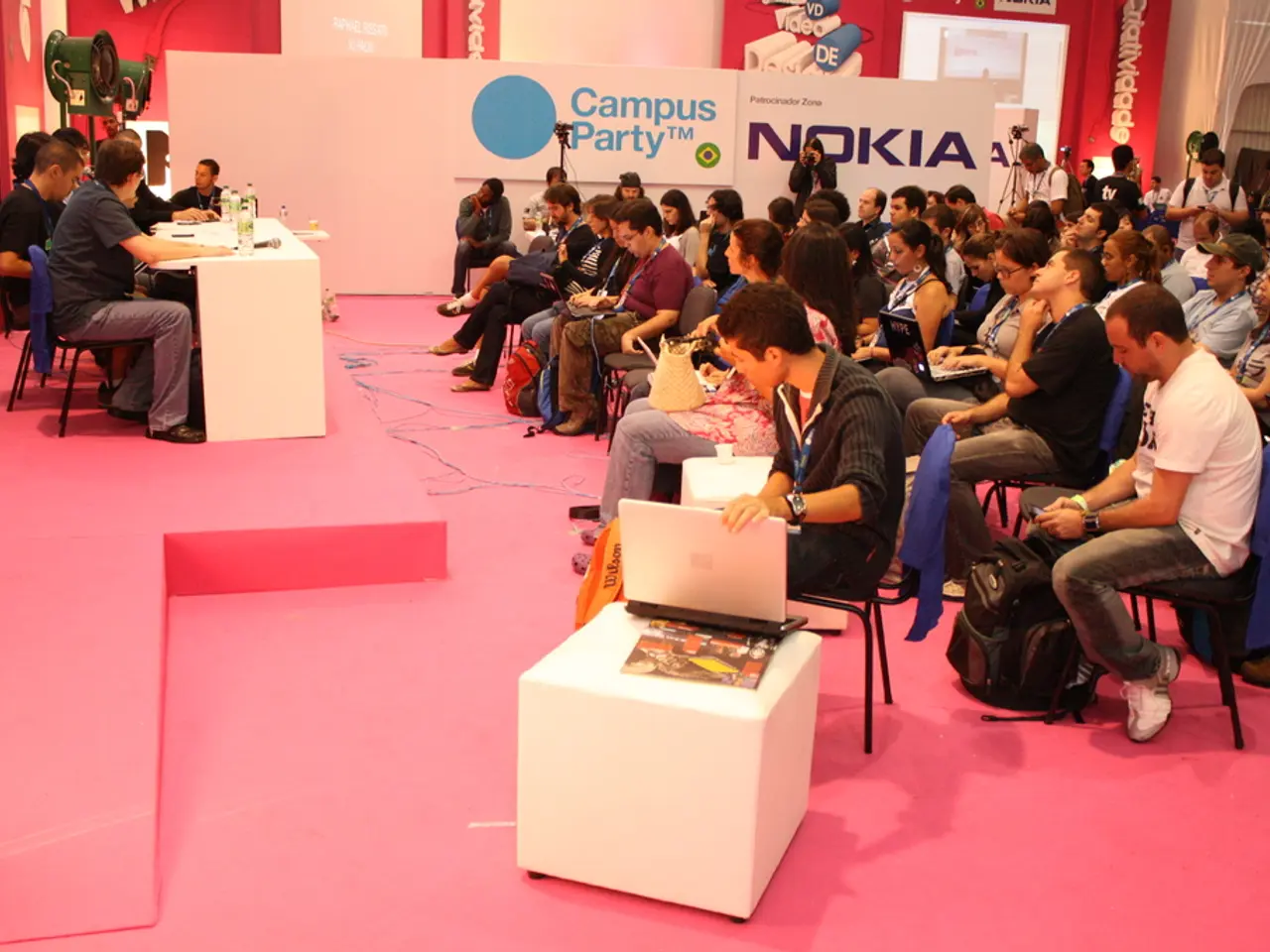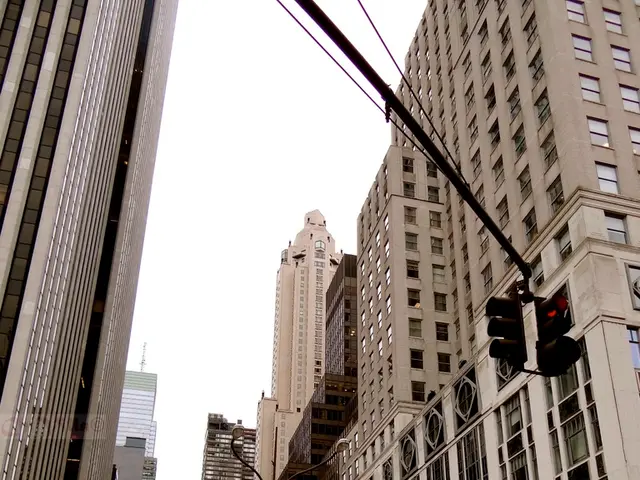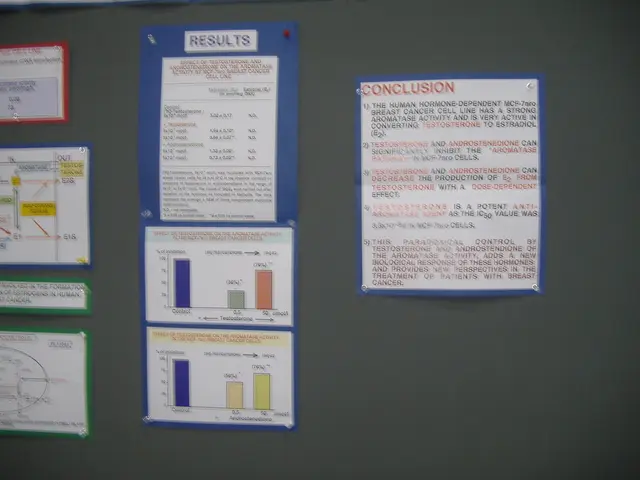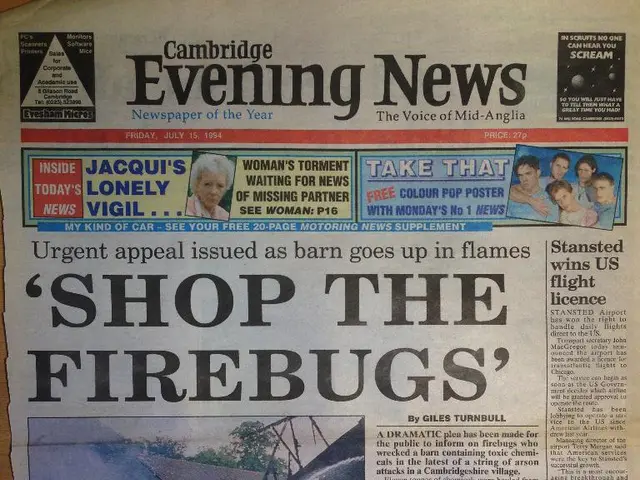AfD’s Chrupalla denies Kremlin ties as Russia-Germany tensions flare internally
Tino Chrupalla, co-leader of Germany's far-right Alternative for Germany (AfD) party, has denied allegations that the party is being used by Russia. This comes amid growing concerns from centrists who portray the AfD as representing Russian interests. Chrupalla's recent comments on German television have echoed Kremlin messaging, sparking an internal dispute within the party.
Chrupalla, known for his appearances on various German television programs discussing the AfD's foreign policy, has characterized election results as 'historic' for the party. In a recent interview, he dismissed the threat posed by Putin's Russia to Germany, a stance that aligns with the Kremlin's narrative. Meanwhile, Alice Weidel, the other co-leader of the AfD, has been attempting to rein in overtly pro-Russian politicians within the party to improve its image.
An internal row has erupted over a planned trip to Russia by some AfD politicians. Weidel, who has sought closer ties with the Trump administration in the U.S., has tried to prevent these politicians from attending the conference. Marc Henrichmann, chairman of the Bundestag's intelligence oversight committee, has expressed concerns, believing Russia is using the AfD for espionage.
Chrupalla's denial of the AfD's ties to Russia comes amidst increasing scrutiny and internal disagreements within the party. While Weidel attempts to distance the AfD from pro-Russian sentiments, the planned trip to Russia and Chrupalla's comments have raised eyebrows and sparked concern among German politicians and intelligence officials.
Read also:
- American teenagers taking up farming roles previously filled by immigrants, a concept revisited from 1965's labor market shift.
- Weekly affairs in the German Federal Parliament (Bundestag)
- Landslide claims seven lives, injures six individuals while they work to restore a water channel in the northern region of Pakistan
- Escalating conflict in Sudan has prompted the United Nations to announce a critical gender crisis, highlighting the disproportionate impact of the ongoing violence on women and girls.




